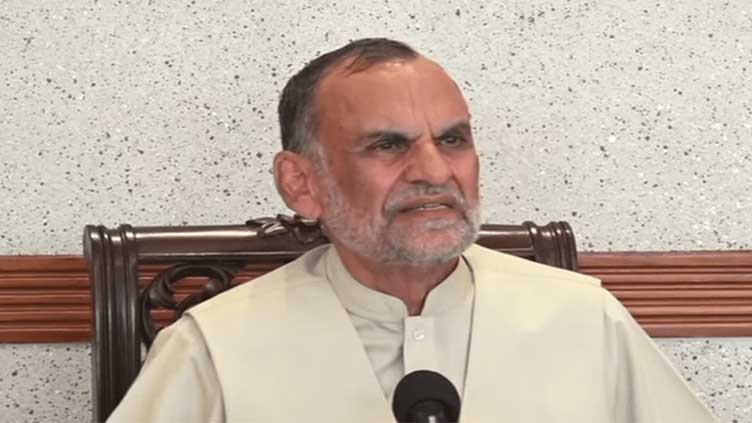By Iftikhar Mashwani
Tajikistan Expels India from Ayni Air Base After Russian and Chinese Pressure and Pakistans’ successful diplomacy,as a ‘New Great Game in Central Asia’ has started.
In this new great game Pakistan become new player and have stronge roots and role in the Region political and strategic affairs.
Tajikistan’s decision to reclaim the Ayni Air Base from India marks a turning point in Central Asia’s military landscape, reflecting the growing dominance of Russia and China as New Delhi loses its only overseas airpower foothold after two decades of operation.
India’s complete withdrawal from the Ayni Airbase in Tajikistan recently — its only overseas military facility — marked a quiet yet significant shift in New Delhi’s regional defence posture. The move, which effectively ended India’s military footprint in Central Asia, drew sharp criticism from strategic circles and opposition figures at home, who described it as a retreat from one of the country’s most vital geopolitical outposts.
Located about 10 kilometres west of Dushanbe, near the Afghanistan border via the Wakhan Corridor and roughly 20 kilometres from Pakistan-occupied Kashmir, the Ayni Airbase — also known as the Gissar Air Base or Gissar Military Aerodrome — had long been viewed as a symbol of India’s strategic Presence in the Himalayas. Originally a Soviet-era installation, it was modernised by India in the early 2000s under a bilateral agreement with Tajikistan.
India reportedly invested close to 100 million US dollars to upgrade the facility. The improvements included a 3,200-metre runway, aircraft hangars, fuel depots, and modern control systems, turning Ayni into a fully operational forward base capable of hosting Indian Air Force helicopters and Su-30MKI fighter jets. Around 200 Indian defence personnel were stationed there to manage maintenance, training, and limited operations. The base also played a humanitarian role, particularly during the 2021 evacuation missions following the Taliban’s takeover of Afghanistan.
Ayni had effectively replaced India’s earlier foothold at Farkhor Airbase (1998–2008), which had been instrumental in supporting the anti-Taliban Northern Alliance. Over time, the Tajik facility evolved into an important node in India’s Connect Central Asia Policy (2012), serving not only as a strategic surveillance and logistics hub but also as a platform for strengthening New Delhi’s defence partnerships in the region.
Strategically, Ayni gave India a forward operating capability to monitor developments in Afghanistan and Pakistan’s western front, while also offering leverage against the growing influence of China’s Belt and Road Initiative and Russia’s continued dominance in the region. For two decades, it stood as a testament to India’s ambition for a continental strategic presence — an aspiration that, analysts argue, now appears to be fading.
Officially, India’s withdrawal followed the expiry of its bilateral lease with Tajikistan in 2022. However, diplomatic sources suggest that both Moscow and Beijing had quietly pressed Dushanbe not to renew the agreement, preferring to limit New Delhi’s strategic footprint in their shared sphere of influence.
The evolving regional dynamics, coupled with the Taliban’s return to power in Afghanistan and the collapse of India’s intelligence and diplomatic networks there, further eroded the base’s operational value. High maintenance costs, logistical dependence on Russian facilities, and limited operational autonomy also contributed to the decision to pull out.
Observers believe the closure of Ayni Airbase underscores India’s broader strategic reorientation — from a continental approach to a maritime-centric outlook focused on the Indo-Pacific. Yet, for many defence analysts, the exit represents more than a tactical adjustment; it symbolizes a retreat from one of India’s most ambitious geopolitical ventures since independence.
As Central Asia continues to tilt towards a Russia–China security framework, India’s absence from Ayni may be remembered as the end of an era — one in which New Delhi briefly held a foothold in the heart of Eurasia, projecting influence and aspiration beyond its immediate neighbourhood



